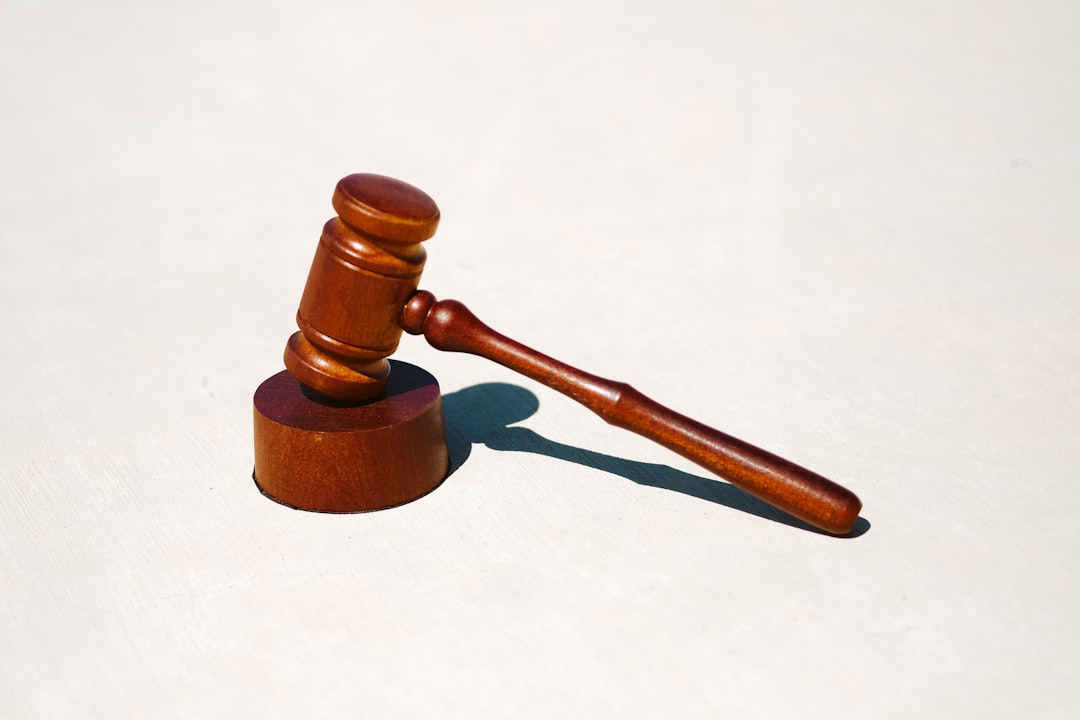“Seeking justice for sexual abuse in South Carolina? Understanding your legal rights is crucial. This guide explores the complex landscape of sexual abuse laws, highlighting the vital role a specialized sexual abuse lawyer South Carolina plays in victims’ journeys to healing and accountability. From navigating the legal process to ensuring support, discover how these professionals empower survivors to find closure. Whether you’re a victim, a family member, or a concerned individual, this article offers valuable insights into pursuing justice.”
Understanding Sexual Abuse Laws in South Carolina

In South Carolina, sexual abuse is taken extremely seriously, with laws in place to protect victims and ensure justice. If you or someone you know has experienced sexual assault, understanding your legal rights is a crucial step. A sexual abuse lawyer in South Carolina can provide invaluable guidance, helping victims navigate complex legal procedures while advocating for their rights and pursuing the justice they deserve.
The state’s laws define sexual abuse broadly, encompassing various forms of non-consensual sexual acts, including rape, assault with intent to commit sexual crime, and exploitation of a minor. The statute of limitations for these cases can vary, so it’s essential to act promptly. A qualified sexual abuse lawyer will be familiar with these laws, ensuring that victims’ rights are protected and that any legal action is taken within the prescribed timeframe.
The Role of a Specialized Lawyer

When navigating the complex legal landscape surrounding sexual abuse cases, having a specialized lawyer by your side is invaluable. In South Carolina, where laws and procedures can be intricate, an experienced sexual abuse lawyer plays a pivotal role in ensuring justice for survivors. They possess an in-depth understanding of state-specific regulations, which is crucial as these laws dictate the steps to be taken during investigations and trials.
Specialized legal representatives are equipped to handle the unique challenges of such cases, including dealing with sensitive matters and protecting the privacy of clients. Their expertise allows them to guide survivors through the legal process, providing support and advocating for their rights every step of the way. This specialized knowledge translates into powerful representation, empowering survivors to find closure and seek redress for their trauma.
Navigating Legal Process for Victims

Navigating the legal process after experiencing sexual abuse can be a daunting task for victims in South Carolina. It requires careful steps to ensure that justice is served and one’s rights are protected. The first step is to report the abuse to local law enforcement or relevant authorities, who will initiate an investigation and potentially gather evidence. During this time, it’s crucial to seek support from specialized sexual assault centers or hotlines, which offer confidential services and resources for victims.
Victims may also consider consulting a sexual abuse lawyer in South Carolina to understand their legal options. A qualified attorney can guide them through the complexities of the justice system, explain their rights, and help build a strong case against the perpetrators. Legal representation is invaluable as it ensures that victims’ stories are heard, their privacy is respected, and they receive fair compensation for the trauma they have endured.
Ensuring Justice and Support for Survivors

Survivors of sexual abuse in South Carolina deserve justice and support, and a dedicated sexual abuse lawyer plays a vital role in this process. These attorneys specialize in navigating complex legal systems to ensure victims’ rights are protected. They provide crucial guidance, helping survivors understand their options and the potential avenues for closure and healing.
By retaining a sexual abuse lawyer in South Carolina, survivors gain an ally who advocates for their best interests. These professionals possess in-depth knowledge of state laws and can offer strategic advice tailored to each unique case. Their expertise enables them to gather essential evidence, interview witnesses, and negotiate with insurance companies or legal representatives of the accused, ultimately working towards securing fair compensation and accountability.






